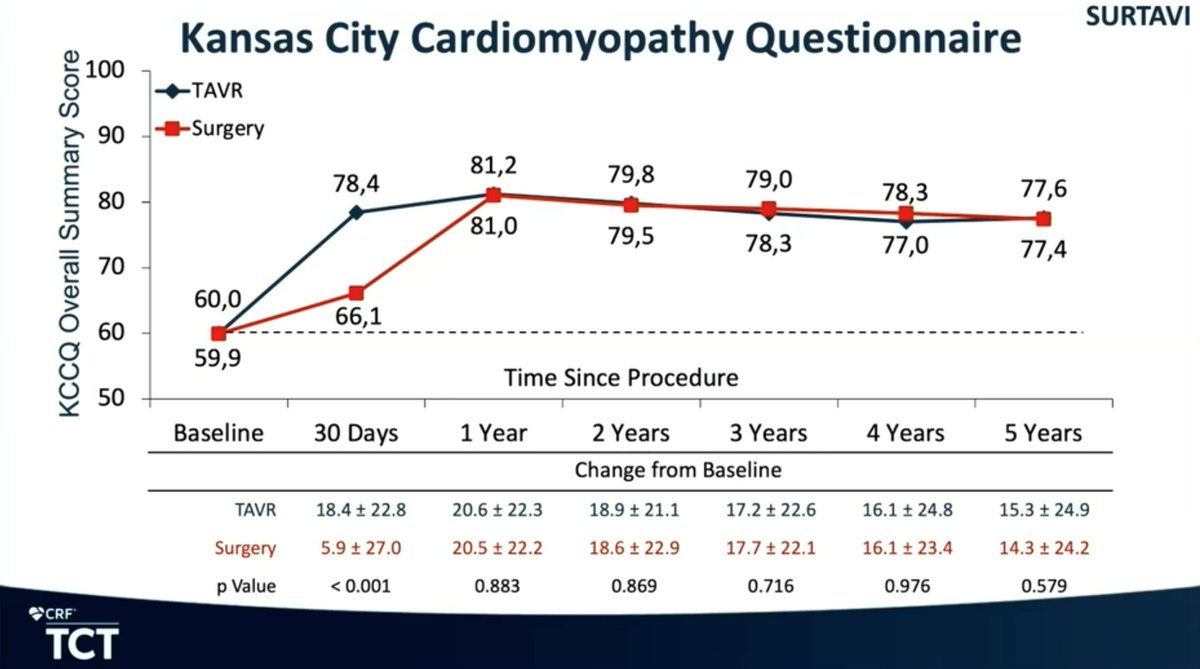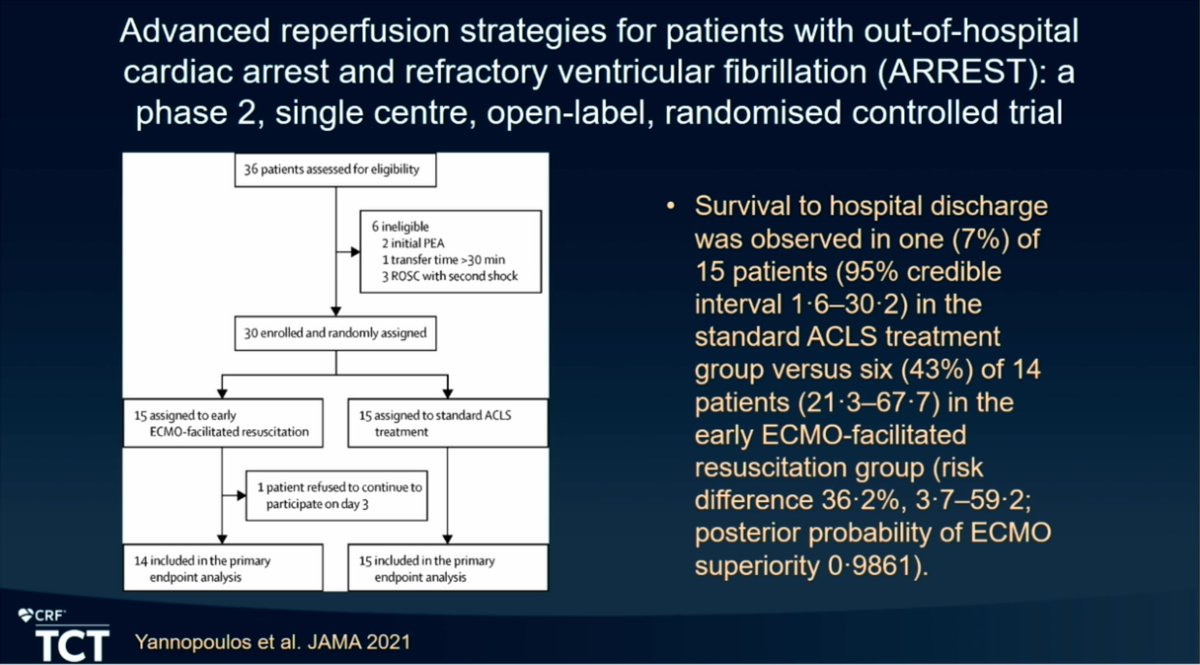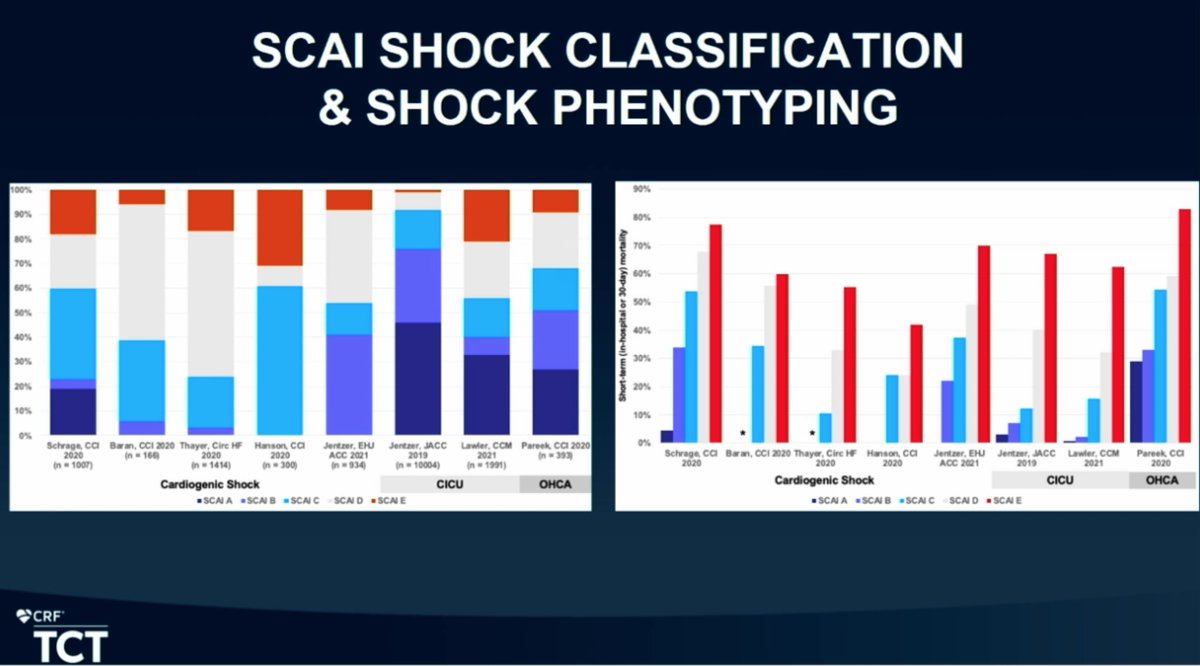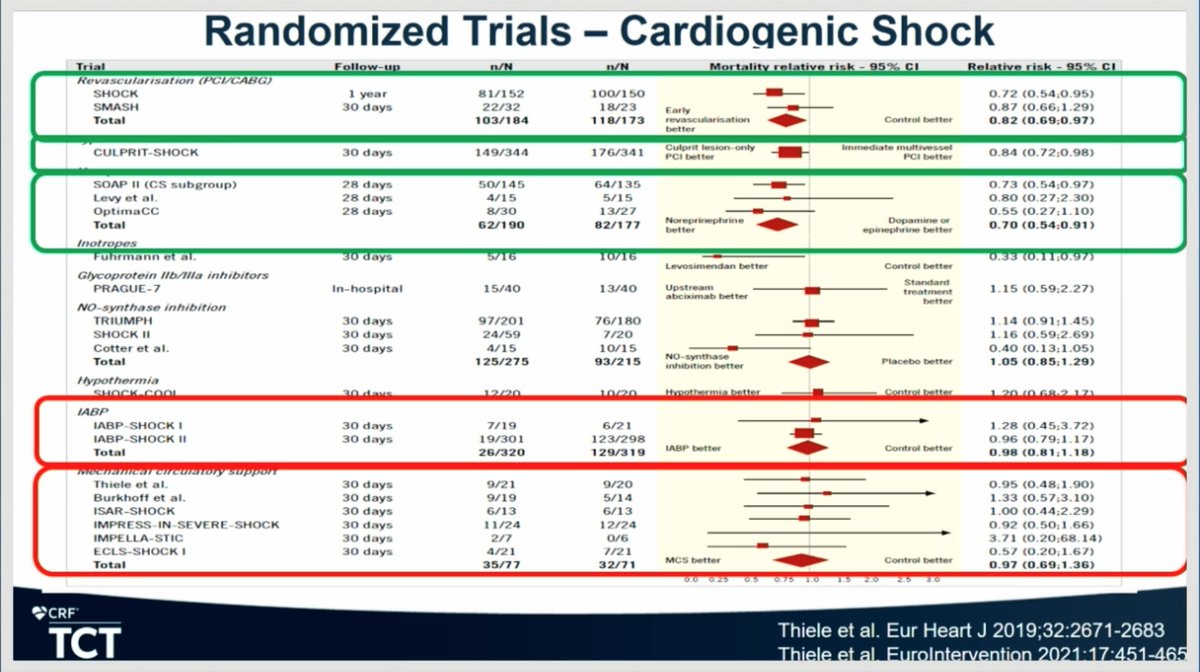
Interventions for Frailty in Older Adults with Cardiovascular Disease – A Comprehensive Review
The first author @NailaIjaz_MD is a humble, hardworking, and just outstanding.
jacc.org/doi/10.1016/j.…
Summary of this @JACCjournal state-of-the-art review is in 🧵below:
(1/17)
The first author @NailaIjaz_MD is a humble, hardworking, and just outstanding.
jacc.org/doi/10.1016/j.…
Summary of this @JACCjournal state-of-the-art review is in 🧵below:
(1/17)

(2/17)
The aging of the United States population is one of four major areas that will change science, clinical medicine, and business in the coming 50 years
@anatlechner @NYUStern
The aging of the United States population is one of four major areas that will change science, clinical medicine, and business in the coming 50 years
@anatlechner @NYUStern
(3/17)
1 in 4 Americans will be above 65 years of age by 2060…
Think about the implications of this on everyday life...
@DEF_gericard
1 in 4 Americans will be above 65 years of age by 2060…
Think about the implications of this on everyday life...
@DEF_gericard
(4/17) Older adults are disproportionally affected with cardiovascular disease, but they also live with geriatric syndromes.
Geriatric syndromes are age-related conditions that do not fall into one disease category!
@KAlexanderMD @SHummelMD @ParagGoyalMD @NRohant
Geriatric syndromes are age-related conditions that do not fall into one disease category!
@KAlexanderMD @SHummelMD @ParagGoyalMD @NRohant
(5/17) Geriatric Syndromes complicate and worsen cardiovascular disease management and outcomes and in turn cardiovascular disease worsens geriatric syndromes management and outcomes.
@christi36702158 @omsmanu
@christi36702158 @omsmanu
E.g. AMI can cause worsening in physical or cognitive dysfunction and also physical or cognitive dysfunction can lead to worse AMI outcomes compared to controls.
(6/17) Frailty is an important geriatric syndrome that has major implications on cardiovascular disease management.
(7/17) Let's be clear on domains of frailty.
There is:
(1) Physical frailty
(2) Cognitive frailty
(3) Psychosocial frailty
(4) Nutritional frailty
Important to distinguish what domain we are looking at
@FrailtyScience @JHGeriatrics @bbuta410
There is:
(1) Physical frailty
(2) Cognitive frailty
(3) Psychosocial frailty
(4) Nutritional frailty
Important to distinguish what domain we are looking at
@FrailtyScience @JHGeriatrics @bbuta410
(8/17) Many definitions of frailty were proposed, but most cited is “clinical syndrome of increased vulnerability resulting from age-associated decline in reserve and function across multiple physiologic systems such that the ability to cope with everyday stress is compromised”
(9/17) Many instruments are used to measure frailty, but these are capturing different populations.
Please look at Table 2 extends into 3 pages!
Time to standardize our definition and measurement
Time to FARC @FrailtyMD @DrMauricioCohen
Please look at Table 2 extends into 3 pages!
Time to standardize our definition and measurement
Time to FARC @FrailtyMD @DrMauricioCohen
(10/17)
Frailty and cardiovascular disease have bidirectional associations.
Both have similar underlying cellular physiologic dysfunction.
For these reasons, frailty should also be studied as an outcome (not only as an exposure)...
That is why Rehab HF is a pillar.
Frailty and cardiovascular disease have bidirectional associations.
Both have similar underlying cellular physiologic dysfunction.
For these reasons, frailty should also be studied as an outcome (not only as an exposure)...
That is why Rehab HF is a pillar.
(11/17) Work by my friends: Dr. Qian-Li Xue and @bbuta410 showed that frailty may be modifiable and the risk changes over time, but for advance forms of frailty risk may not be reversible. We need to catch early and intervene.
Ref: Analyses from the NHATS...
Ref: Analyses from the NHATS...
(12/17) So what do we do about frailty syndrome?
For physical frailty: structured, supervised, and tailored cardiac rehabilitation programs combined with cognitive and nutritional interventions are showing great promise…
For physical frailty: structured, supervised, and tailored cardiac rehabilitation programs combined with cognitive and nutritional interventions are showing great promise…

(13/17) Several pharmacologic interventions are undergoing study targeting underlying pathophysiologic mechanisms of frailty summarized in Table 3.
(14/17) Nutritional intervention combined with resistance exercise may also have a role…
Early work from Frailty-AVR by @FrailtyMD (leading the field).
Early work from Frailty-AVR by @FrailtyMD (leading the field).
(15/17) There are cognitive and psychosocial interventions that will improve medication adherence and health literacy for older patients with cardiovascular disease.
@Jennifer_Rymer @TYWangMD
@Jennifer_Rymer @TYWangMD
(16/17) Gaps in knowledge include whether there are interventions we can do to reduce risk of MACE particularly as it relates to cardiovascular interventions: #RadialFirst, percutaneous over surgical treatments, and other pharmacologic modification
@MichaelGNanna @Ajar_Kochar
@MichaelGNanna @Ajar_Kochar
(17/17) Finally, we need trials for the older adult populations to account for geriatric and age-related risks
@VijayKunadian @GreggWStone @DLBHATTMD @DEF_gericard
@VijayKunadian @GreggWStone @DLBHATTMD @DEF_gericard
p.s. @NailaIjaz_MD's first publication as a first author is in @JACCJournals
Imagine what she can do if given the opportunity!
She will make a great cardiologist, friends.
@InovaHealth @IHVInews
Imagine what she can do if given the opportunity!
She will make a great cardiologist, friends.
@InovaHealth @IHVInews
• • •
Missing some Tweet in this thread? You can try to
force a refresh










































